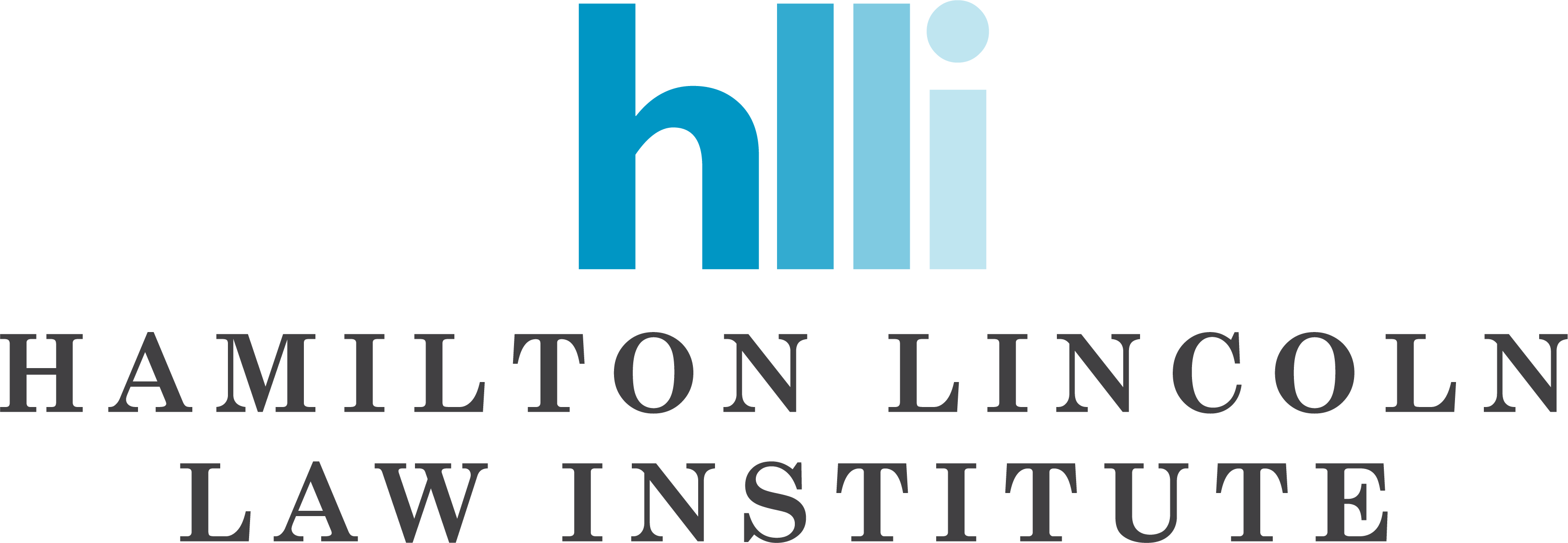 Washington D.C. — In a victory against unfair class action practices, a district judge found that so-called “strike-suit” plaintiffs violated a securities law and Rule 11 by filing frivolous suits against Akorn, Inc. and its board in 2017, when Akorn was in the process of approving an unsuccessful merger.
Washington D.C. — In a victory against unfair class action practices, a district judge found that so-called “strike-suit” plaintiffs violated a securities law and Rule 11 by filing frivolous suits against Akorn, Inc. and its board in 2017, when Akorn was in the process of approving an unsuccessful merger.
Strike suits are nuisance demands of merging companies to disclose additional trivial information in exchange for a fee for lawyers to drop the suit and threat of using litigation to delay the merger. At one point, over 98% of mergers led to strike suits. Some of the firms that sued Akorn have sued over 100 other merging companies, creating a cottage industry of socially-useless lawsuits.
Theodore H. Frank, director of the Hamilton Lincoln Law Institute, was an Akorn shareholder and moved to intervene in the six strike suits against Akorn in 2017 after learning that lawyers had extracted $332,500 for disclosures that were worthless to shareholders.
The district court previously found in 2019 that the disclosures sought by three of the plaintiffs were worthless just as Frank argued, and ordered the money returned (three other plaintiffs had already volunteered to surrender the money). However, the court then denied Frank’s motion to intervene and for sanctions. Last year, the Seventh Circuit reversed denial of intervention, agreeing with Frank that a frequently-ignored securities law, PSLRA § 78u–4(c)(1), requires district courts to consider sanctions for frivolous strike-suit filers.
Monday, the district court evaluated the disclosures sought by the plaintiffs it had not previously considered in 2019 and found that all six complaints were frivolous. “The Court finds that none of the disclosures sought by Plaintiffs pursuant to the PSLRA were ‘plainly material.’ According to the Seventh Circuit, PSLRA claims for disclosure of information that are not plainly material are frivolous and violate Rule 11, and thus are sanctionable.”
The court has ordered additional briefing concerning the appropriate remedy.
The decision once again affirms that these types of settlements provide little to no benefit to investors, and attorneys should not profit from cases that fail to improve shareholder decision-making.
Ted Frank, Director of the Center for Class Action Fairness, said, “This ruling is a win for shareholders and accountability for attorneys who improperly exploit the legal system for their own financial gain. The district court makes clear: attorneys should not easily profit from meritless lawsuits that do not benefit shareholders and violate securities law. HLLI will continue fighting against these types of rent-seeking practices.”
HLLI’s Center for Class Action Fairness has been the leader in the fight against this particular abuse of the legal system for ten years, creating leading appellate precedents and saving shareholders millions of dollars.
The name of the case is Carlyle v. Akorn, Inc. For more information about this case, please see our case page or contact the attorney below:
Ted Frank, Director of Litigation, (703) 203-3848, ted.frank@hlli.org.
* * *
The Hamilton Lincoln Law Institute is a public interest law firm dedicated to battling the progressive left’s agenda by defending civil liberties, countering government overreach, and fighting class action abuse.
As a nonprofit, tax-exempt organization as defined by section 501(c)(3) of the Internal Revenue Code, HLLI relies on support from individuals and foundations that share a commitment to individual liberty, free enterprise, and limited government. To learn more, visit http://www.hlli.org.
